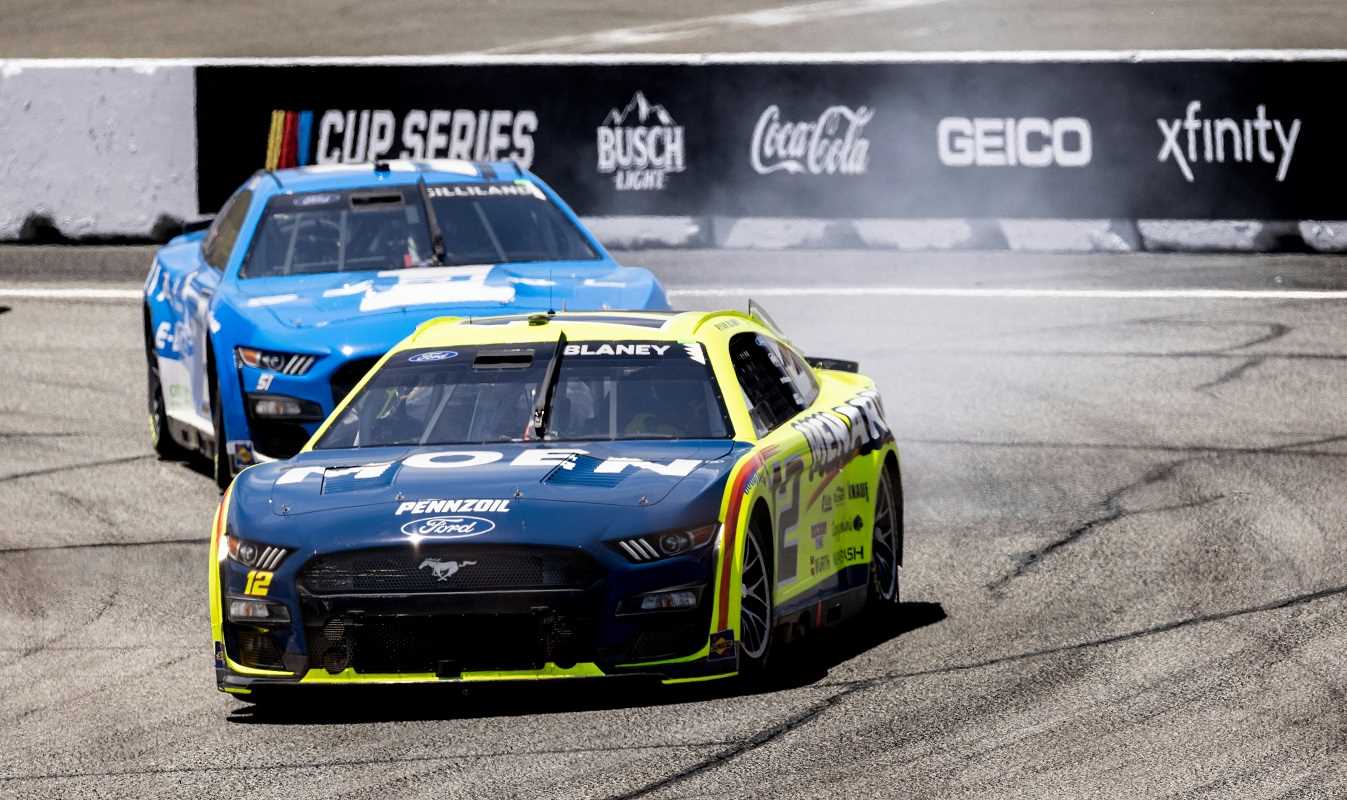When Aaron Rodgers joined the New York Jets at the tail end of his legendary career, it wasn’t just a headline-making NFL move. It was a challenge, a new chapter, and an experiment. Rodgers, a Green Bay Packers icon for nearly two decades, stepped into unfamiliar territory with new teammates, a new system, and an entire city hungry for football success. And as we've seen before, this isn’t a seamless transition for any veteran quarterback.
Moving to a new team after years of familiarity comes with growing pains that test even the most accomplished players. From mastering unfamiliar playbooks to dealing with relentless scrutiny, the challenges are real. Rodgers’ experience sheds light on what it’s like for veteran quarterbacks navigating this tricky terrain.
Adapting to New Playbooks and Schemes
Picture this. You’ve spent years in one system, where the playbook is like second nature. You know every route, every call, and every audible without thinking twice. Then, suddenly, you’re walking into a new locker room and holding a new playbook that feels more like a foreign language than football.
That’s the situation for many veteran quarterbacks, including Rodgers. During his 18-season tenure in Green Bay, he thrived in an offense designed around his unique style. But moving to the Jets meant learning a new system, integrating offensive coordinator Nathaniel Hackett’s playbook, and tailoring it to Rodgers’ strengths.
While Rodgers had prior experience working with Hackett in Green Bay, restarting and adapting to a new team’s preferences isn’t easy. Veteran quarterbacks not only need to unlearn some habits but also balance their instincts with the demands of the new scheme. Peyton Manning famously went through a similar struggle when he joined the Denver Broncos. Known for his cerebral approach, Manning essentially acted as a co-offensive coordinator, merging his knowledge with Denver's playbook.
For Rodgers, the challenge is making the Jets’ offense click while still maintaining his own play style. It’s less about reinventing himself and more about finding common ground with teammates and coaches.
Building Chemistry with Teammates
For quarterbacks like Rodgers, one of the biggest hurdles in a new team is building trust and chemistry with their teammates. The quarterback is the heartbeat of the offense, and success on the field depends on seamless timing and communication with receivers, running backs, and offensive linemen.
With the Jets, Rodgers is working to develop that connection with young stars like Garrett Wilson, who is poised to be one of his go-to receivers. But building rapport isn’t something that happens overnight. It involves hours on and off the field, discussing routes, preferences, and adaptive plays. It helps when veteran quarterbacks lead by example, whether through extra reps in practice, film study, or hanging out with teammates outside of football.
Tom Brady faced this same challenge when he left the New England Patriots for Tampa Bay in 2020. Armed with six Super Bowl rings and decades of experience, Brady still had to work overtime to connect with new targets like Mike Evans and Chris Godwin. Their eventual chemistry was a big reason Tampa Bay lifted the Lombardi Trophy that year.
For Rodgers, who came from a tightly-knit Packers locker room, the Jets’ environment presents a fresh dynamic. The constant task is figuring out how to elevate teammates while adjusting to their habits and play styles. Chemistry is about timing, but it’s also about trust.
Managing Expectations
Few NFL moves have generated as much hype as Aaron Rodgers heading to the Jets. The expectations? Off the charts. After decades of struggling to find consistent quarterback play, Jets fans see Rodgers as the savior who can end their playoff drought. Cue the headlines, flamboyant predictions, and endless media chatter.
But here’s the thing about expectations in sports. They’re often a double-edged sword. For veteran quarterbacks, the pressure to deliver immediate results can be overwhelming. The mistakes that might be overlooked for rookie QBs are magnified for seasoned veterans.
Rodgers has been in the NFL spotlight for years, so handling outside noise isn’t new for him. But in franchise-defining moments, like moving to a new team, criticism comes from every direction. Media outlets obsess over every throw, every press conference comment, and every win or loss. Just ask Brett Favre, Rodgers’ own predecessor, who made waves late in his career when moving to the Jets and later to the Vikings.
Managing expectations isn’t just about blocking out pressure. It’s about meeting those lofty goals step by step. Rodgers’ experience and confidence will be key to turning the hype into substance.
The Media Scrutiny Bubble
Being Aaron Rodgers means every move is under the microscope, but switching teams amplifies the lights. Media coverage in New York is famously brutal; just ask any athlete who’s played there. Going from Green Bay, with its small-town vibe, to the media capital of the world is a culture shock for anyone, even Rodgers.
For veteran QBs, the scrutiny tends to ride whichever direction the winds are blowing. Early success will have people calling Rodgers the best Jets quarterback since Joe Namath. Lose a few games, and suddenly, the questions about age or skills will pop up again. With Rodgers’ colorful personality, using candor, wit, and even humor to handle pressure has typically worked in his favor, but the relentless pace of media attention in New York adds another layer of challenge.
Joe Montana faced something similar when he joined the Kansas City Chiefs after his dynasty years with the San Francisco 49ers. At every checkpoint, media critics compared him to his younger self, questioning whether age had taken its toll. While Montana silenced critics with playoff victories, the constant evaluation took its toll.
Rodgers’ transparency about his mindset and approach could help him steer through the noise. After all, fans and analysts usually respect quarterbacks who own their journeys and keep things authentic.
The Physical Toll
At 39, Rodgers is nearing the end of an illustrious career. For any veteran QB, the physical toll associated with starting over on a new team can’t be ignored. Quarterbacks rely on rhythm, mechanics, and precision, and carrying years of wear and tear makes adapting to changes less forgiving.
Rodgers seems to prioritize longevity. His off-the-field habits, such as rigorous workouts, recovery protocols, and mindfulness techniques, keep him moving like a guy ten years younger. But staying healthy requires balancing ambition with smart decision-making. For Rodgers, success doesn't just mean winning games but also staying on the field to do so.
Learning the Art of Leadership
Veteran quarterbacks transitioning to new teams bring more than talent. They bring years of wisdom, leadership, and experience. Rodgers has always been vocal about his belief in leading by example rather than by speech, and this leadership style has resonated with many of his teammates. But stepping onto a new stage where relationships and trust are still being built tests even the savviest leaders.
New teams look at veteran quarterbacks as solutions, figureheads symbolizing a change in culture or mindset. This means Rodgers isn't just leading on the field; he’s mentoring young talent, reshaping locker room attitudes, and setting the tone for the Jets’ future. And that’s no small task.
 (Image via
(Image via.jpeg)





